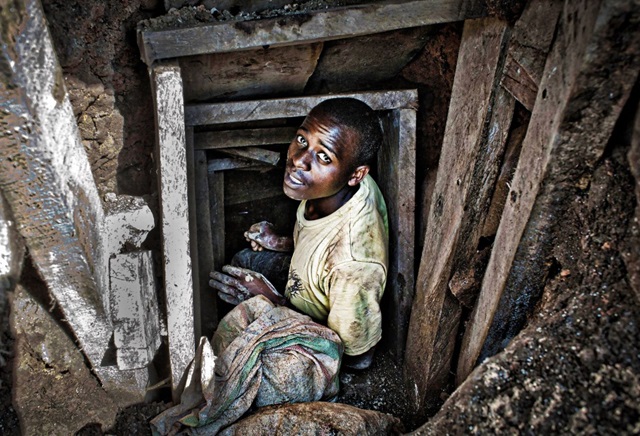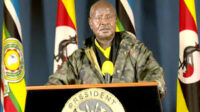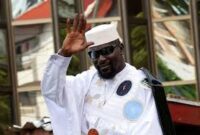The Trump administration is driving a high-stakes peace initiative to end decades of conflict in eastern Democratic Republic of Congo (DRC), a mineral-rich region crucial to powering global IT and AI industries. With vast reserves of cobalt, copper, lithium, and tantalum estimated at $25 trillion, DR Congo has become a geopolitical hotspot as the US seeks to counter China’s dominance over Africa’s critical mineral supply chain.
US President Donald Trump is set to host DR Congo’s Félix Tshisekedi and Rwanda’s Paul Kagame to finalize what he has hailed as a “glorious triumph” in Washington. The deal aims to halt a conflict that has claimed thousands of lives and displaced millions over the past 30 years, while laying the groundwork for massive US investment in the region.
Under the agreement signed on June 27, DR Congo and Rwanda will establish a joint “security co-ordination mechanism” and a “regional economic integration framework” to curb mineral smuggling, especially by the M23 rebel group. UN reports say M23 has seized large swathes of eastern DRC, smuggling minerals to Rwanda, which allegedly mixes them with its own production for export. Rwanda denies backing the rebels despite evidence of its troops operating in DRC.
Critics warn that the deal risks locking DR Congo into long-term resource-for-security arrangements reminiscent of China’s infrastructure-for-oil model in Angola. Mineral law expert Prof Hanri Mostert cautioned that “DR Congo risks compromising sovereignty over its minerals for decades in exchange for vague guarantees of peace.”
The Trump administration’s approach blends diplomacy with commercial deals, aiming to secure US access to cobalt and lithium critical for electric vehicles, mobile phones, and AI hardware. Prof Alex de Waal of the World Peace Foundation called it “a populist performance combined with economic deal-making,” noting the US is racing to catch up with China, which controls much of DRC’s mining sector.
Qatar, a close US ally with major investments in Rwanda, is running a parallel mediation focusing on talks between Tshisekedi’s government and M23. Analysts warn that both processes must align to avoid a peace deal with Rwanda that leaves rebels in control of territory.
A ceasefire is expected to take effect imminently, with a full DR Congo-M23 peace agreement slated for August 18. However, questions remain over the rebels’ willingness to cede captured land and Rwanda’s demand for the neutralization of the FDLR militia, a decades-old flashpoint.
Observers say success will depend on sustained US pressure and whether the deal goes beyond diplomacy to address historical grievances, resource exploitation, and local participation. If implemented effectively, the initiative could reshape Central Africa’s stability and global mineral trade, but if mishandled, it risks becoming another chapter in the region’s long cycle of conflict and resource-driven geopolitics.














Leave a comment